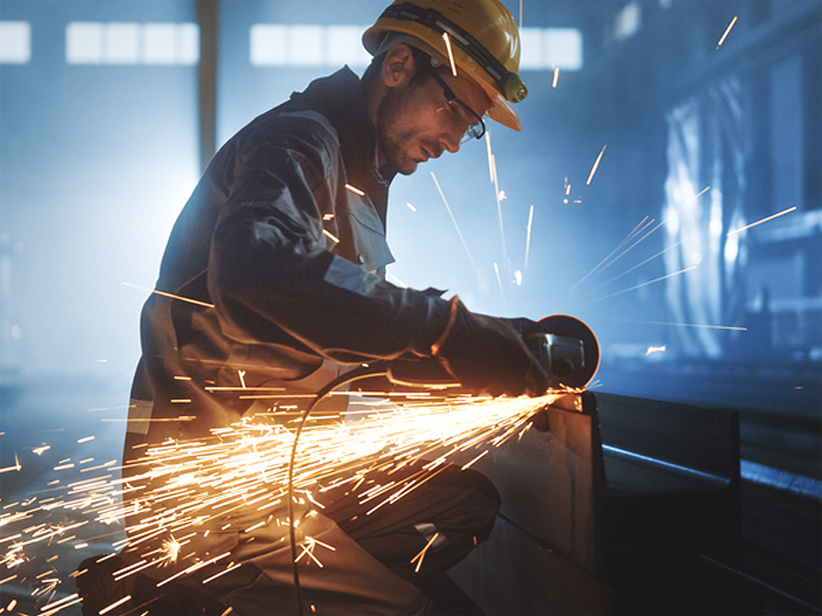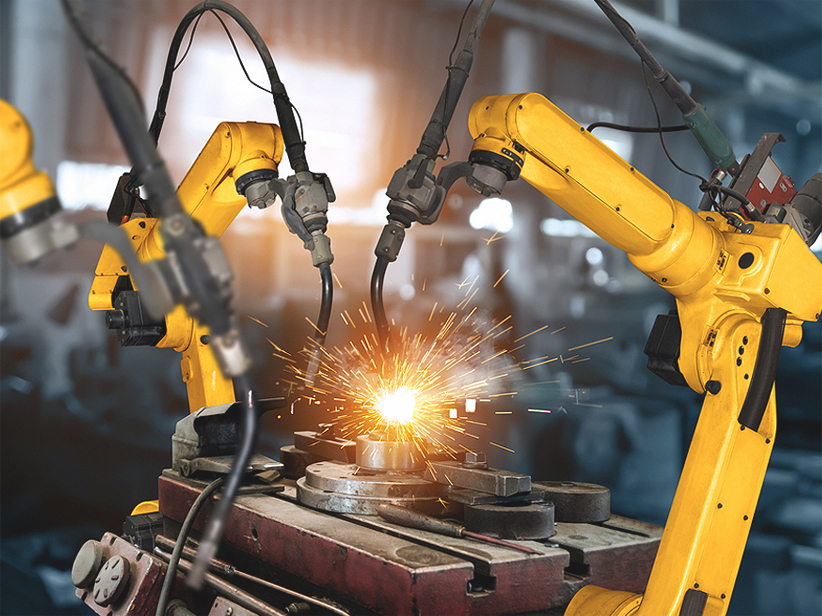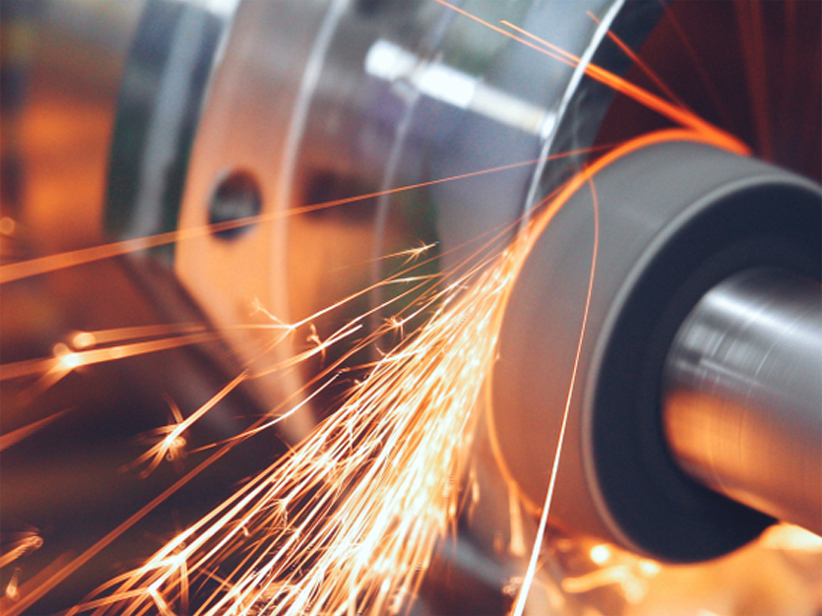Stainless Steel - Grade 304 / 1.4301
Description
Stainless Steel Grade 304/1.4301 is a widely used austenitic stainless steel known for its excellent corrosion resistance, high tensile strength, and good formability. It is the most common stainless steel used in a variety of industries, offering a balance of properties that make it suitable for both structural and decorative applications. It contains a higher percentage of chromium and nickel compared to other stainless steel grades, contributing to its robustness and durability.
Chemical Composition
- Chromium (Cr): 18.0 - 20.0%
- Nickel (Ni): 8.0 - 10.5%
- Manganese (Mn): ≤ 2.00%
- Silicon (Si): ≤ 1.00%
- Carbon (C): ≤ 0.08%
- Phosphorus (P): ≤ 0.045%
- Sulfur (S): ≤ 0.030%
- Nitrogen (N): ≤ 0.10%
Mechanical Properties
- Tensile Strength: 505 - 750 MPa (73,000 - 109,000 psi)
- Yield Strength: 215 MPa (31,000 psi)
- Elongation: 40% (in 50 mm)
- Hardness (Rockwell B): 70 HRB
Thermal & Physical Properties
- Density: 8.0 g/cm³ (0.29 lb/in³)
- Melting Point: 1400 - 1450°C (2550 - 2650°F)
- Thermal Conductivity: 16.3 W/m•K (112 BTU/hr•ft•°F)
- Thermal Expansion: 16.0 µm/m•°C (8.9 µin/in•°F)
- Specific Heat Capacity: 500 J/kg•K (0.12 BTU/lb•°F)
Other Designations
- UNS Number: S30400
- EN Number: 1.4301
- DIN Number: X5CrNi18-10
- JIS Number:SUS304
Fabrication and Heat Treatment
- Welding: Stainless Steel 304/1.4301 can be welded using all common welding techniques, including TIG, MIG, and spot welding. It does not require preheating before welding.
- Machining: It has good machinability and can be processed using standard tools.
- Heat Treatment: Annealing is typically done at 1010 - 1120°C (1850 - 2050°F) followed by rapid cooling. It is not hardenable by heat treatment.
- Forming: Excellent formability allows it to be easily shaped, bent, and rolled.
Applications
- Food Processing: Equipment such as tanks, pipes, and kitchen utensils.
- Chemical Industry: Storage tanks, mixing vessels, and piping.
- Architectural: Building facades, handrails, and elevator doors.
- Medical Devices: Surgical instruments, implants, and laboratory equipment.
- Automotive: Exhaust systems, trim components, and structural elements.
Supplied Forms
- Bars
- Coils
- Wires
Features
- Corrosion Resistance: Offers excellent resistance to oxidation and corrosion in a range of environments.
- Strength: Provides high tensile strength and good durability.
- Formability: Highly versatile and can be easily shaped into various forms.
- Aesthetic Appeal: Polished surface with a clean, shiny appearance.
- Maintenance: Easy to clean and maintain, making it ideal for hygienic applications.






